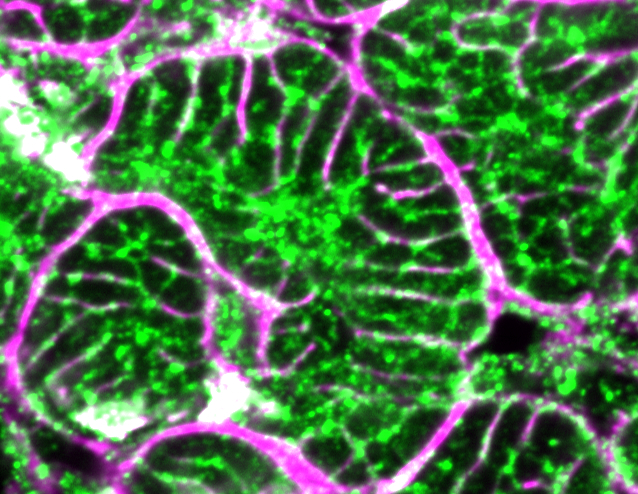
A new gene therapy can reverse the effects of heart failure and restore heart function in a large animal model. The therapy increases the amount of blood the heart can pump and dramatically improves survival, in what a paper describing the results calls “an unprecedented recovery of cardiac function.”
Currently, heart failure is irreversible. In the absence of a heart transplant, most medical treatments aim to reduce the stress on the heart and slow the progression of the often-deadly disease. But if the gene therapy shows similar results in future clinical trials, it could help heal the hearts of the 1 in 4 people alive today who will eventually develop heart failure.
The scientists focused on restoring a critical heart protein called cardiac bridging integrator 1 (cBIN1), which is lower in heart failure patients, especially those at highest risk for severe disease. They used a harmless virus commonly used in gene therapy to deliver an extra copy of the cBIN1 gene to the heart cells of pigs with heart failure.
For this heart failure model, heart failure generally leads to death within a few months. But all four pigs that received the gene therapy in their heart cells survived for six months, the endpoint of the study.
Importantly, the treatment didn’t just prevent heart failure from worsening. Some key measures of heart function actually improved, suggesting the damaged heart was repairing itself. The treated hearts’ efficiency at pumping blood, which is the main measure of the severity of heart failure, increased over time, and the amount of blood pumped per heartbeat was restored to entirely normal levels.
Research with large animals such as pigs is a critical precursor to clinical trials for new therapies. The hearts of large animals work—and fail—in similar ways to human hearts, meaning that researchers can gain important evidence for whether a treatment might work in the clinic without putting human health at risk. cBIN1 gene therapy still has to pass toxicology testing and other safeguards before moving into clinical trials, but researchers are hopeful that the therapy could turn heart failure from irreversible to curable.

